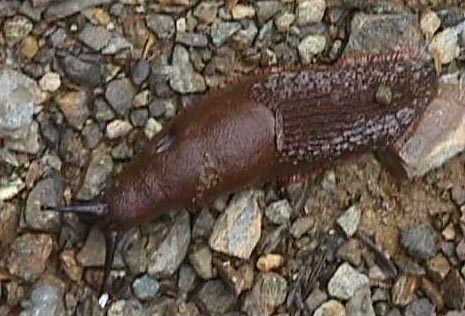

Ok, so you started off with great dirt. Your garden is looking amazing and you can't wait to get that first juicy tomato off the vine, but there's a problem. What the heck is happening to those leaves? And how do you stop it? First, don't panic, most of the problems you're going to run into fall into one of two catagories; pest's and disease. Pests are those creepy crawlies (not the worms! We love the worms!) that like to nest, breed and eat your lovely garden plants. The first step is finding out what it is. There's more identification guides and solutions then I could ever list, but here's one to get you started. It's from the National Gardening Association and it has a nice guide to the different critters that may be chomping on your tender leaves. After you figure out what it is, the next step is taking care of the problem. Most of the things you need are things you probably have in your house right now. No trip to the store required, another bonus of not using pesticides. That lovely little critter at the bottom is a slug. Although I may find his little horns kind of cute, I don't find the damage he does to my garden the least bit endearing. There's an easy solution to slugs invading your little garden. It's called beer. Take a shallow container and place it into the area where you've seen them, far enough in the dirt that they can easily crawl in. Fill the container about 2/3 of the way with beer and wait until morning. Slugs like beer. Slugs like beer so much that they fall in and drown (probably happily if that's any consolation to the slug lovers who may be out there. Simply dump the container and repeat a few times until your slug problem disappears. Just in case you find some other pest amoung the peas this year, here's a place you can go to find the solution. It's a website from Mother Earth News that lists some of the most common issues and solutions. Well, you say, thats all well and good, but what about disease, what about things like "blight"? Well, you're right. That's a tough problem. But before you hang your head in defeat, there's places to get help for those problems too. First, identify the problem. You can start here again, at the National Gardening Association For organic solutions to your plant diseases, try this site, it's an article about organic control. One word of warning though, not everything organic is safe, and not everything that calls itself organic really is. Do your research. Copper, widely considered to be organic, does have toxicity at some levels and can build up in the soil. The best way to avoid disease in the garden is by following healthy gardening practices. You can find them here at the Organic Gardening website. 
|
Created on December 02, 2012